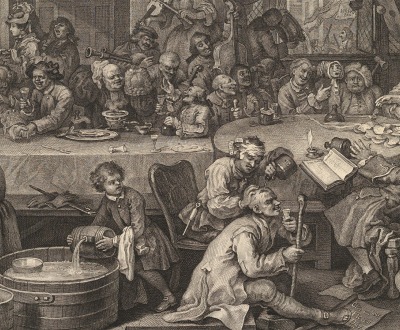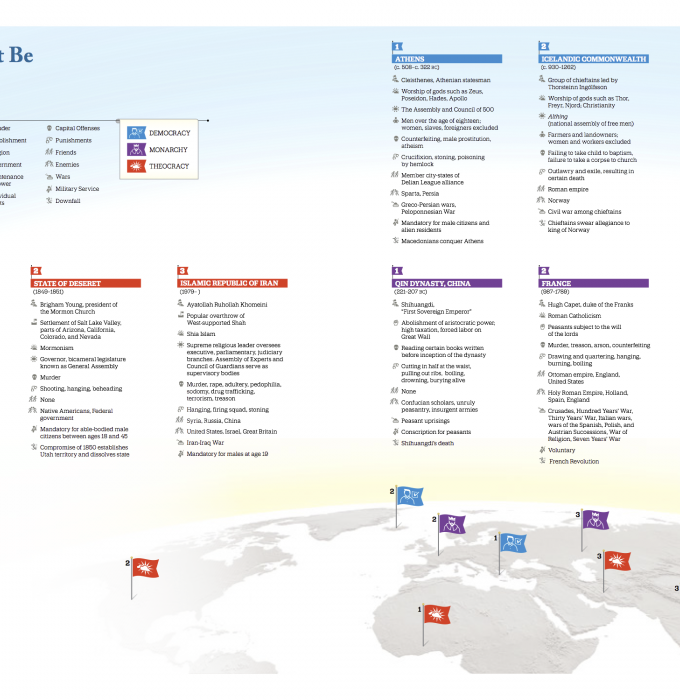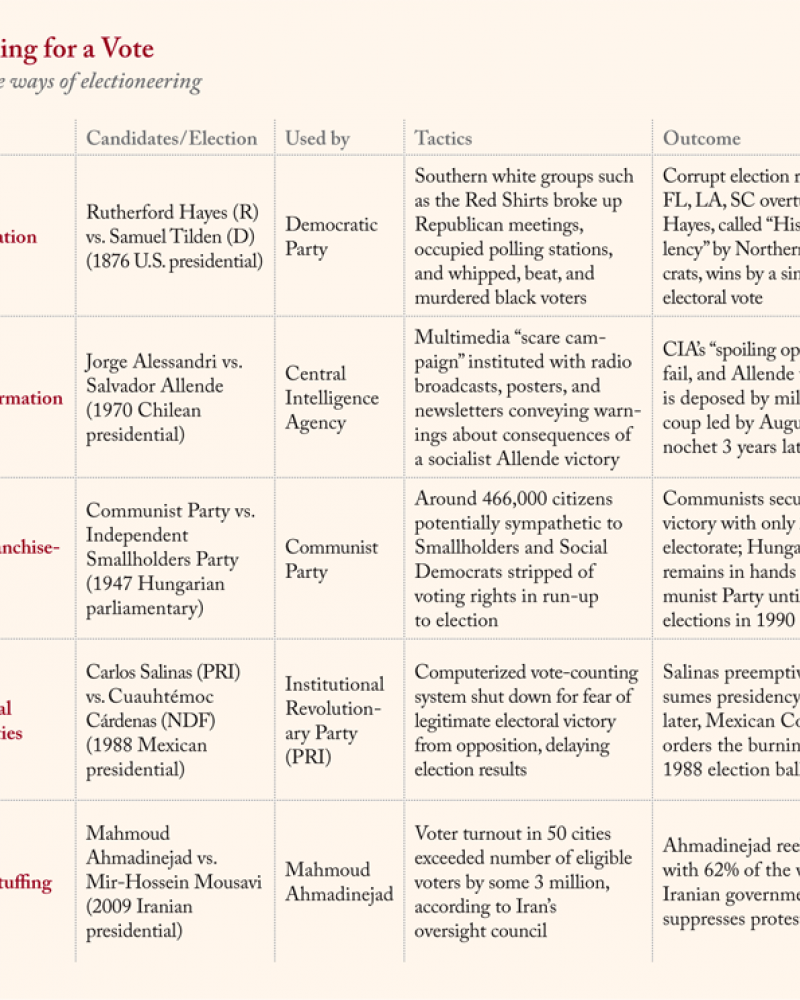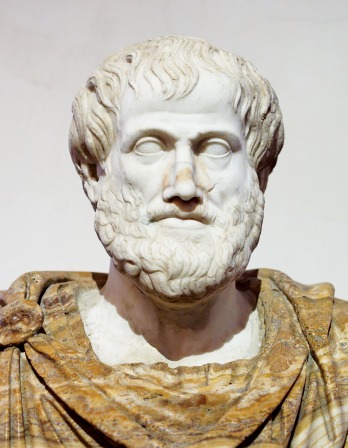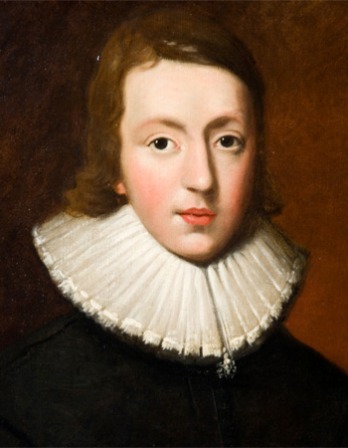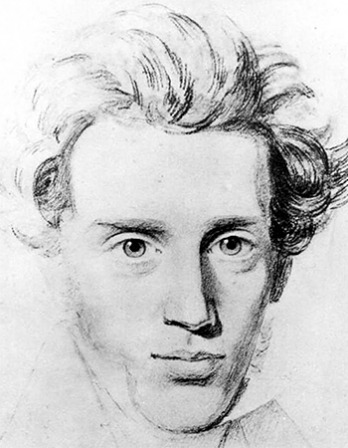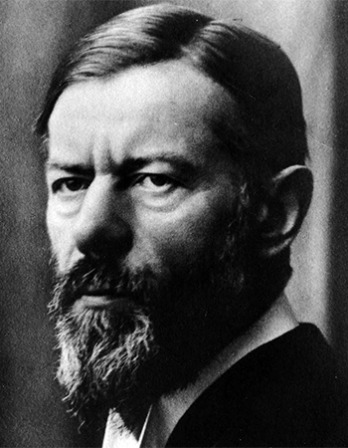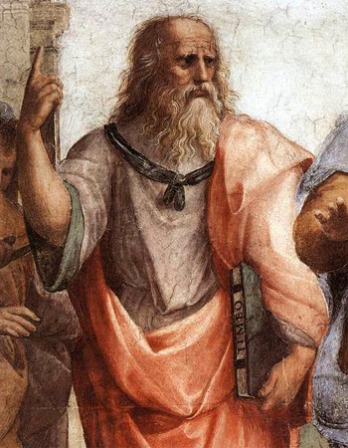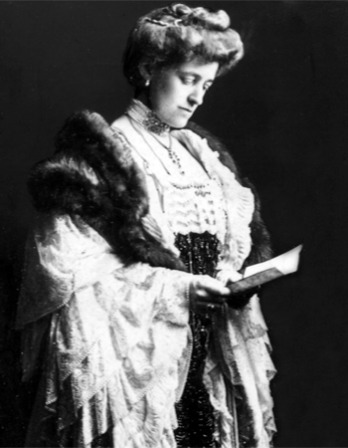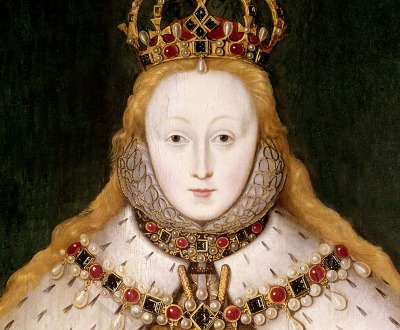
Queen Elizabeth I, c. 1600. National Portrait Gallery, London.
VIEW:
Miscellany
The longest filibuster in U.S. Senate history lasted twenty-four hours and eighteen minutes, a record set in 1957 by Strom Thurmond of South Carolina to stall passage of the Civil Rights Act. Thurmond died in 2003, holding his same Senate seat.
Why has the government been instituted at all? Because the passions of men will not conform to the dictates of reason and justice without constraint.
—Alexander Hamilton, 1787